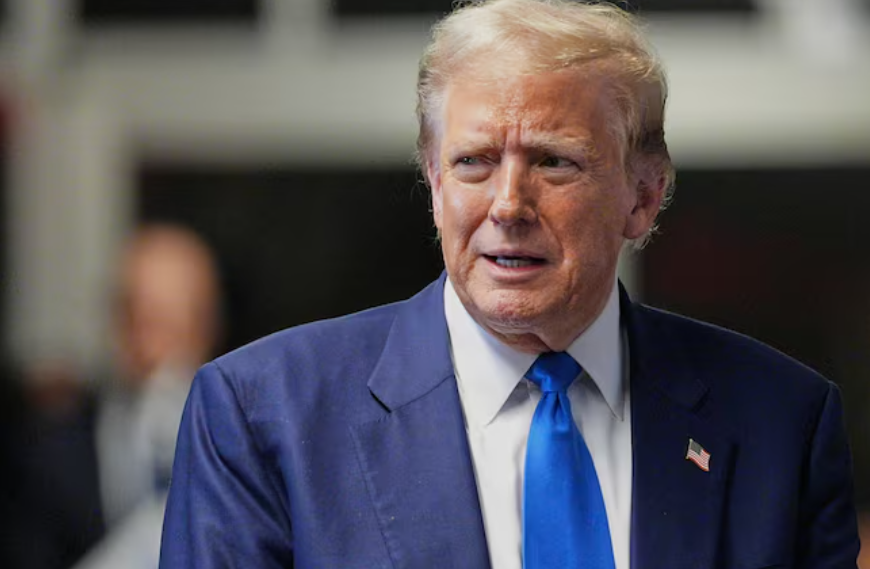In a significant legal rebuke to the Trump administration’s immigration agenda, a federal judge on Friday halted the government’s attempt to revoke Temporary Protected Status (TPS) for approximately 5,000 Venezuelan nationals, preserving their right to live and work in the United States—for now.
U.S. District Judge Edward Chen of the Northern District of California ruled that Secretary of Homeland Security Kristi Noem may have overstepped her legal authority when she attempted to invalidate TPS documentation issued under the Biden administration.
The decision temporarily stops the administration from stripping work permits and residency protections from Venezuelan migrants who had registered under the 2024 TPS extension.
TPS, a statutory program under the Immigration and Nationality Act, allows nationals of designated countries facing armed conflict or environmental disasters to live and work legally in the U.S. In April 2024, then-Homeland Security Secretary Alejandro Mayorkas extended TPS for Venezuelans for 18 months, allowing them to remain protected until at least March 2026.
But shortly after returning to office, the Trump administration, through Secretary Noem, announced the immediate cancellation of the program, labeling it a threat to “national interests.” Just two days later, she formally vacated the Mayorkas extension.
Judge Chen found that the cancellation violated federal law—specifically 8 U.S.C. § 1254a(d)(3), which requires TPS-related documents to remain valid for a minimum of 60 days after official notice of termination is published in the Federal Register. Because Noem’s cancellation took effect on February 5, and no publication had yet occurred, the earliest lawful date for revocation was April 7, the court noted.
While siding with plaintiffs on the invalidation timeline, Judge Chen did not fully adopt their arguments. He disagreed with claims that TPS protections for Venezuelan nationals should extend through May 19—the date tied to a U.S. Supreme Court decision on removals. Additionally, the court limited protection only to documents issued before February 5, further narrowing the ruling’s reach.
This legal development comes amid broader immigration restrictions pursued by the Trump administration. On the same day as Judge Chen’s ruling, the U.S. Supreme Court granted a separate request by the administration to pause the CHNV parole program.
That initiative, created under the Biden administration, allowed migrants from Cuba, Haiti, Nicaragua, and Venezuela to stay in the U.S. based on humanitarian need. Its suspension could place thousands more at risk of deportation.
With the legality of Noem’s TPS cancellation still unresolved, the ruling signals the judiciary’s critical role in moderating executive immigration actions—and sets the stage for further courtroom battles over the rights of vulnerable migrant populations.

